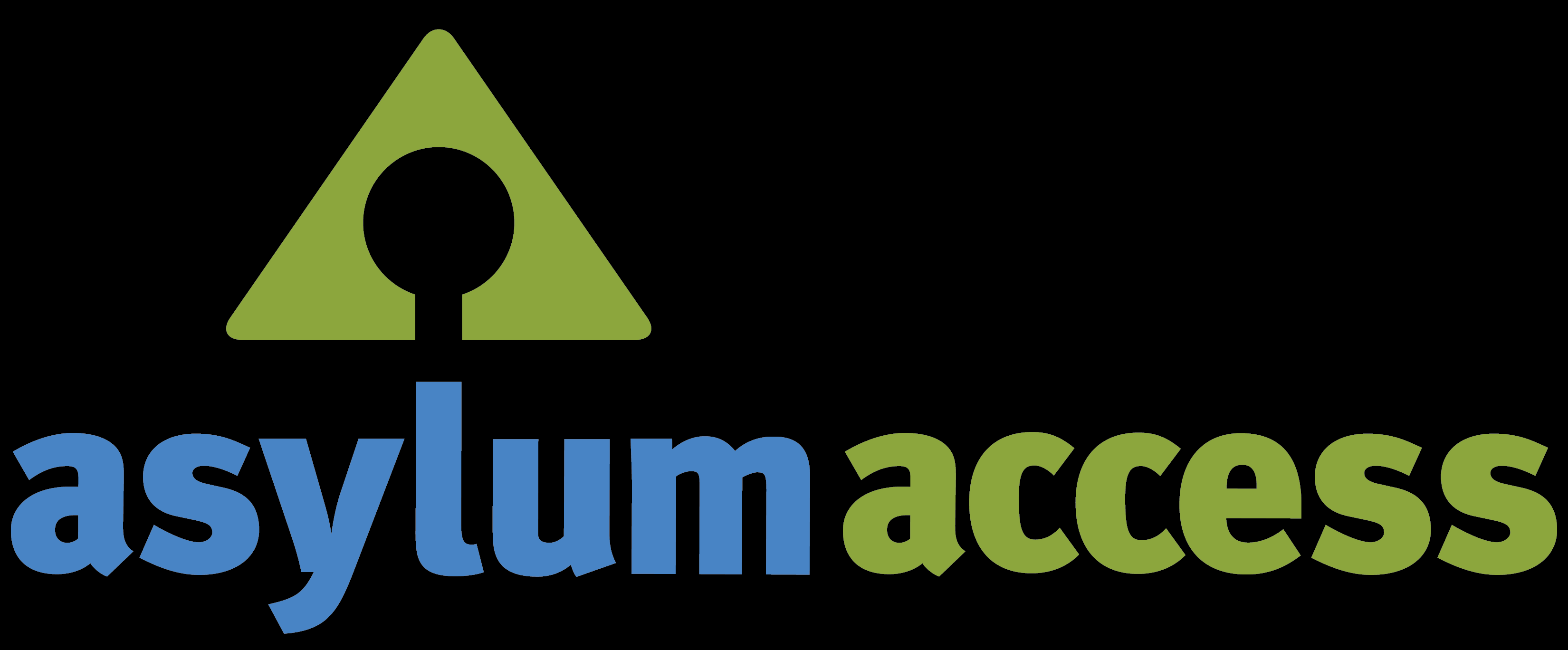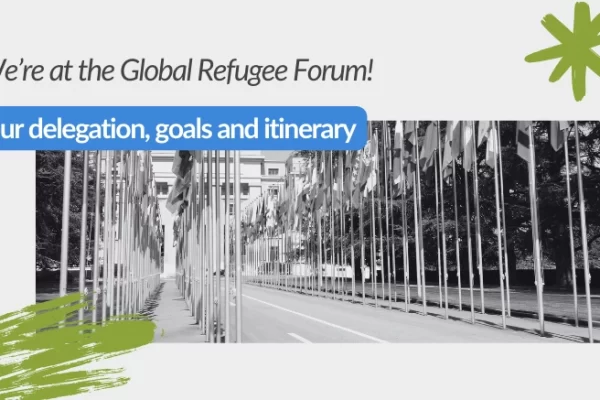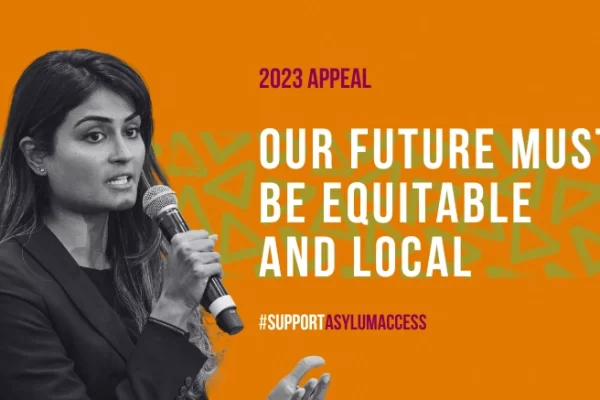Identifying the Protection needs of Tanzania’s Refugees in Detention
The phenomenon of mixed migration is becoming increasingly important for countries along the migration route from East Africa and the Horn of Africa to South Africa. Refugees and migrants leave their countries of origin for different reasons, but they often follow the same routes or rely on the same smugglers to make their way across borders. This has made it difficult for countries like Tanzania to separate those who migrate for economic reasons from those who have urgent protection and assistance needs.
Tanzania’s Refugee Act of 1998 (“1998 Act”) provides a clear procedure for processing asylum claims and for distinguishing verifiable refugees from irregular migrants. [1] However, as refugee and asylum seekers often lack proper documentation upon entry, they may be caught in the same immigration controls applied by governments to deflect the entry of undocumented migrants. Consequently, as AATZ VLA Christian Pangilinan points out, “Vulnerable migrants, that is, people who are survivors of human trafficking, people who have been smuggled, refugees and asylum seekers are often not being properly screened and may be wrongly placed in detention.”
In 2012, Asylum Access Tanzania received a grant from the U.S. Embassy Dar es Salaam through the Julia Taft Refugee Fund to carry out the AATZ Prison Project. This involved surveying migrants, refugees and asylum seekers in Tanzania’s prisons to identify those with possible asylum seeker claims and to ensure the provision of refugee legal aid.
With the cooperation of the Tanzania Prison’s Service, AATZ staff gained access to detention facilities across Tanzania. There, they were able to interview foreign detainees and learn about refugee protection needs.
“This project is important in terms of identifying the ways legal aid can serve the interests of vulnerable migrants and the interests of Tanzania by making sure that people who should not be in detention are not in detention.”
AATZ VLA Christian Pangilinan
Once we were able to access the prisons, our main challenge was how to overcome the language barrier. According to AATZ Legal Officer and Prison Project Coordinator, Mwajabu Khalid, most of the detainees in these detention centers come from Ethiopia, “In a population of maybe 200 detainees, you might find only one or two that can speak English.” While an Amharic version of the questionnaire was available, explaining the purpose of the survey and inviting detainees to participate was not always easy.
Following the first phase of the AATZ Prison Project, a total of 478 migrants were interviewed from various countries, including Burundi, Kenya, Bangladesh, the Democratic Republic of the Congo, Rwanda and Ethiopia. From these, AATZ staff identified a number of refugees and asylum seekers in need, who will be receiving our legal assistance or who have been referred to UNHCR for other support. Likewise, detained minors were referred to IOM and UNICEF.
AATZ staff has since returned to prisons in Dar es Salaam, Tanga, Arusha and Mtwara to ensure the provision of legal aid to identified refugees and asylum seekers and is currently working on these cases.
“Ultimately, the survey of refugees and migrants aims to make a broader impact by finding ways to reduce migrant detention and assessing the impact that legal aid can make for refugees and vulnerable migrants in the detention system,” said AATZ VLA Christian Pangilinan.
As the AATZ Prison Project comes to a close, we plan to engage key stakeholders using research findings to ensure that the project’s findings will be acted upon. Indeed, our forthcoming final report will directly inform Asylum Access Tanzania’s work, as well as provide information for the Tanzanian government on ways in which legal aid can be beneficial to both vulnerable migrants as well as to them.
By Communications and Development Officer Sandra ten Zijthoff


Asylum Access Tanzania would like to thank the U.S. Embassy in Dar es Salaam, the Tanzanian Prisons Service, Immigration Services Department, UNHCR and the National Organization of Legal Assistance (NOLA) for their support.
_________
[1] Asylum Access Tanzania, Submission to the Special Rapporteur on the Human Rights of Migrants, 27 January 2012.





